Breaking Down Elections 2024 with Aditya Menon
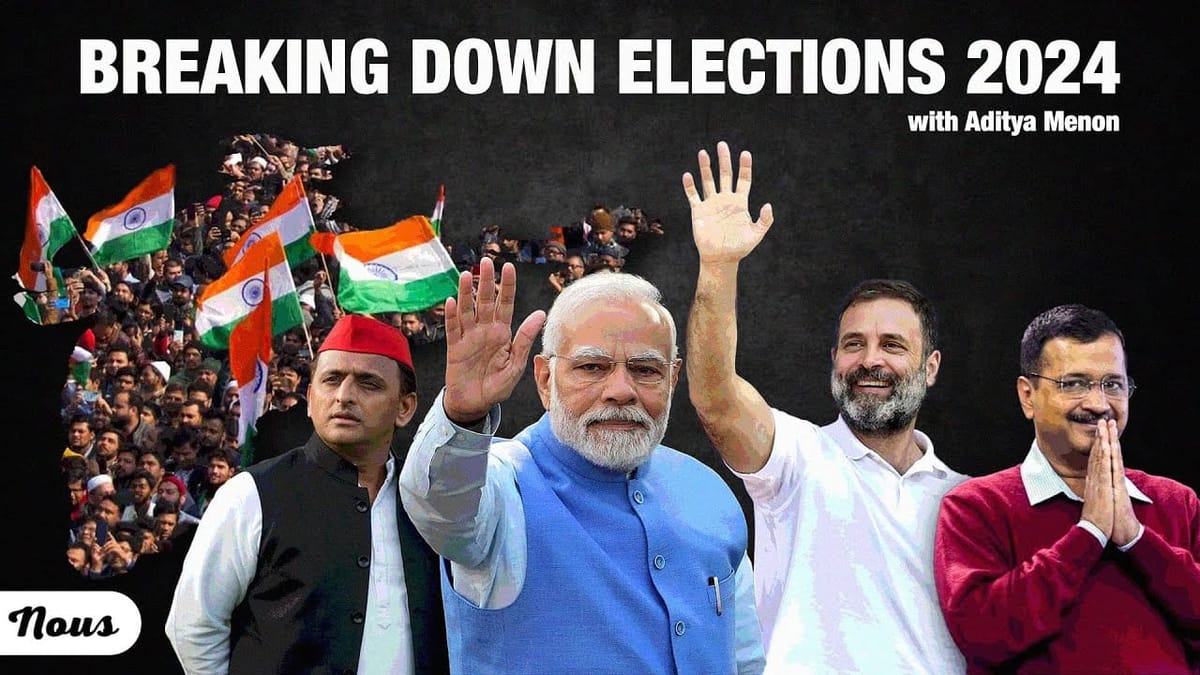
Are minorities, especially Muslims, just votebanks, not voices? Is there any difference between “right-wing” and “secular” political parties when it comes to representational politics?

Are minorities, especially Muslims, just votebanks, not voices? Is there any difference between “right-wing” and “secular” political parties when it comes to representational politics?
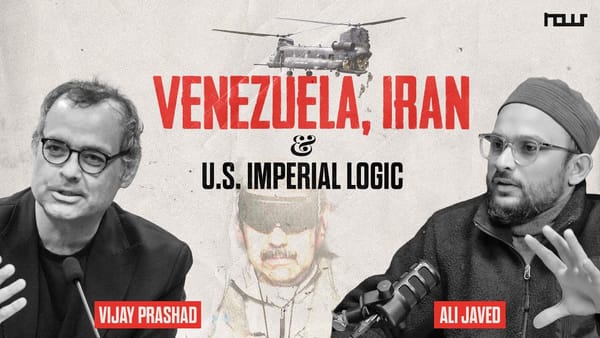
The US kidnapping of Venezuelan President Nicolás Maduro marks a critical moment in contemporary global politics. For decades, the United States has positioned itself as the guardian of a “rules-based international order.” This episode explores how fragile and selective that framework becomes when imperial power is directly exercised. The abduction
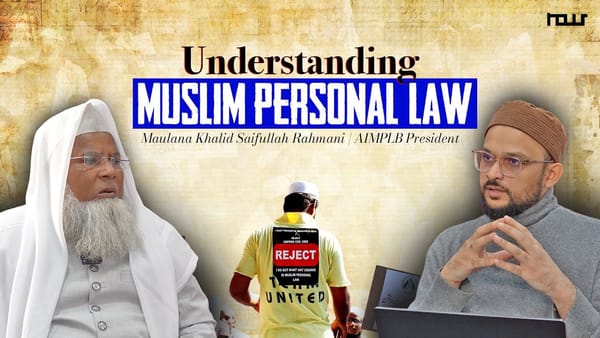
A conversation with Maulana Khalid Saifullah Rahmani on Muslim Personal Law, the role of the AIMPLB, Islamic approaches to reform, women’s rights, and the Uniform Civil Code—set within the framework of India’s constitutional order and religious diversity.
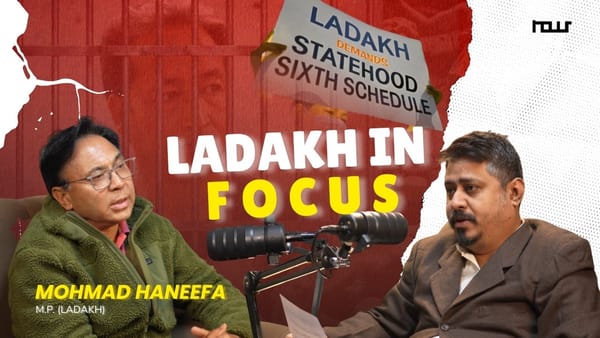
In this Nous podcast episode, MP Hanifa Jaan joins Asad Ashraf to examine Ladakh after Article 370—probing democratic erosion, bureaucratic control, identity, environmental crises, and the region’s struggle for genuine representation and constitutional safeguards.
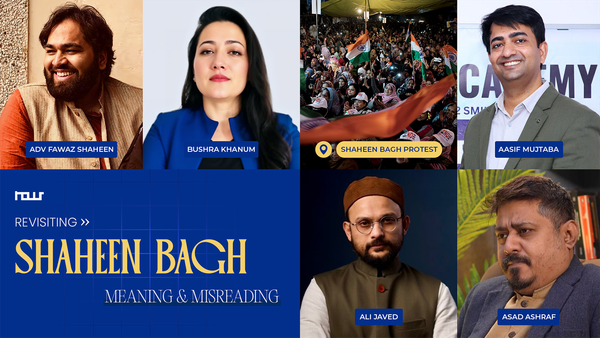
This roundtable reexamines Shaheen Bagh as a decisive moment of Muslim political assertion during the CAA–NRC crisis. It explores protest, policing, media narratives, and the unresolved questions Shaheen Bagh left for Muslim political futures in India.